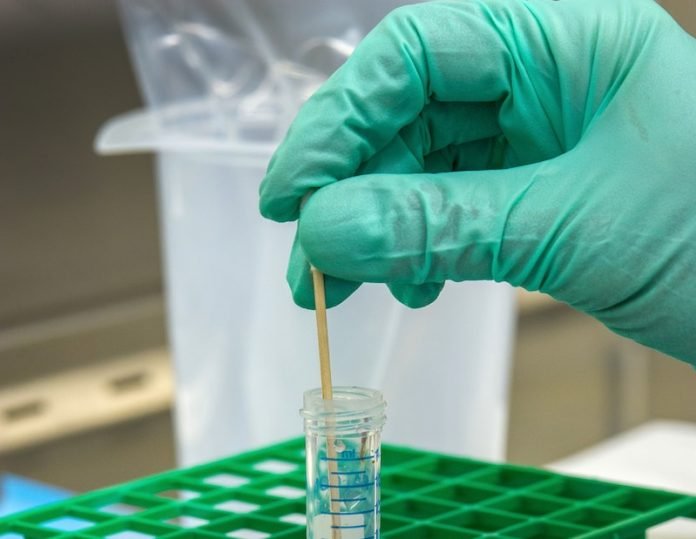
In a recent study at Tel Aviv University, researchers found that the CRISPR/Cas9 gene-editing system is very effective in treating metastatic cancers, a big step on the way to finding a cure for cancer.
They developed a novel lipid nanoparticle-based delivery system that specifically targets cancer cells and destroys them by genetic manipulation.
The system, called CRISPR-LNPs, carries a genetic messenger (messenger RNA), which encodes for the CRISPR enzyme Cas9 that acts as molecular scissors that cut the cells’ DNA.
This is the first study in the world to prove that the CRISPR genome editing system can be used to treat cancer effectively.
The researchers say that this is not chemotherapy. There are no side effects, and a cancer cell treated in this way will never become active again.
The finding is published in Science Advances. One author is Prof. Dan Peer.
To examine the feasibility of using the technology to treat cancer, the team chose two of the deadliest cancers: glioblastoma and metastatic ovarian cancer.
Glioblastoma is the most aggressive type of brain cancer, with a life expectancy of 15 months after diagnosis and a five-year survival rate of only 3%.
The researchers showed that a single treatment with CRISPR-LNPs doubled the average life expectancy of mice with glioblastoma tumors, improving their overall survival rate by about 30%.
Ovarian cancer is a major cause of death among women and the most lethal cancer of the female reproductive system.
Most patients are diagnosed at an advanced stage of the disease when metastases have already spread throughout the body.
Despite progress in recent years, only a third of the patients survive this disease.
Treatment with CRISPR-LNPs in a metastatic ovarian cancer mice model increased their overall survival rate by 80%.
The team says the CRISPR genome editing technology, capable of identifying and altering any genetic segment, has revolutionized the ability to disrupt, repair, or even replace genes in a personalized manner.
Despite its extensive use in research, clinical implementation is still in its infancy because an effective delivery system is needed to safely and accurately deliver the CRISPR to its target cells.
The delivery system developed in the study targets the DNA responsible for the cancer cells’ survival. This is an innovative treatment for aggressive cancers that have no effective treatments today.
The researchers note that by demonstrating its potential in treating two aggressive cancers, the technology opens numerous new possibilities for treating other types of cancer as well as rare genetic diseases and chronic viral diseases such as AIDS.
Copyright © 2021 Knowridge Science Report. All rights reserved.



